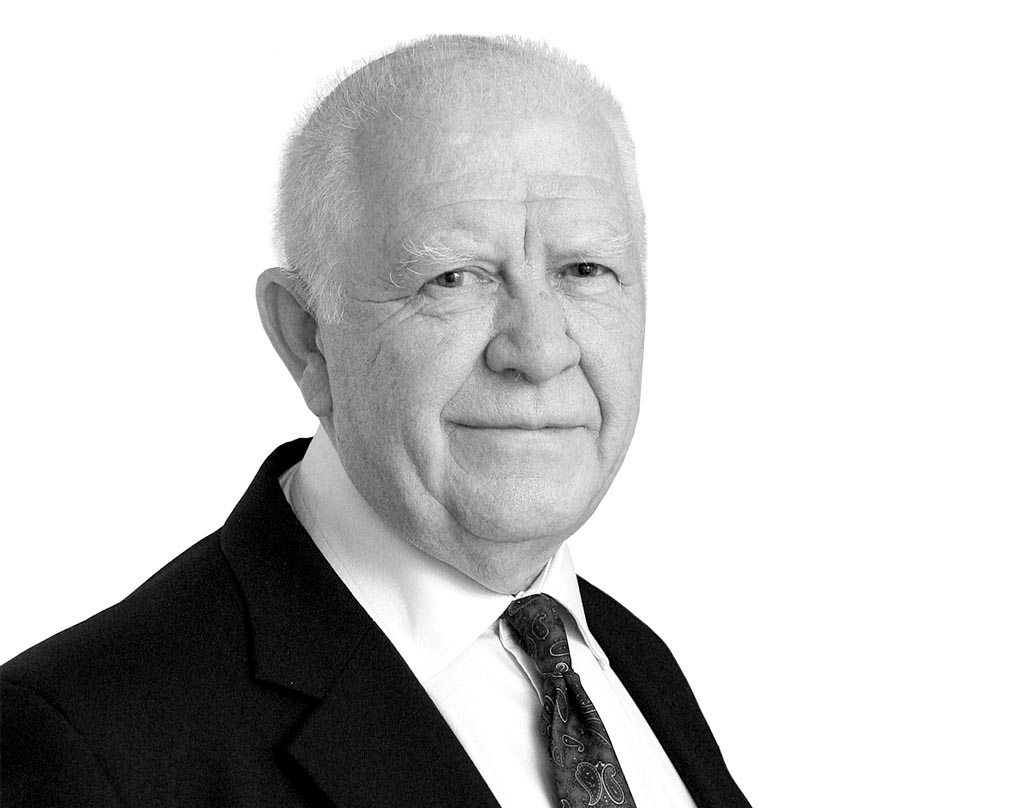By: Keith Miles
It is interesting that in the English language the word ‘Entrepreneur’ is taken from the French word entreprendre – to undertake. It is generally thought that the French admirer of Adam Smith, the economist ( and cotton manufacturer) Jean-Baptiste Say probably coined the word which is usually translated as “undertaker” although it could be translated as “adventurer.” Say studied Smith’s book and, while agreeing on all points, thought that he should have included the enterprising businessmen. Adventurer in this case is in the form of Merchant Adventurer, someone who risked or ‘adventured’ his or her own money in overseas trade bringing back goods and wealth.
The entrepreneur is a key figure in economic development as he carries the risks and therefore gets most of the rewards. He is often seen as an inventor, innovator, and bringer of new ideas, products, and systems, and new efficiencies. This can be in many different ways – engineering, marketing, distributing, financing, and staffing, and so on. The key factor is that the entrepreneur is creative, a creator; and one translation of entrepreneur back into French uses the word ‘createur’.
Entrepreneurs are seen as vital by countries are they are the biggest makers of new employment. Many remain just small businessmen, some grow to a moderate size and some end up employing hundreds and thousands. Research has shown that the vast majority of new jobs come from new businesses so it is vital that in a changing world governments decisively encourage their establishment. These must surely be private businesses because only private people have the right to take risks because it is their own money. Out of the many new establishments a few gems will arise and at the same time many people will have the satisfaction of establishing a small or medium sized business of their own.
Although entrepreneurs are seen to be vital to economic development many are not just driven by a pursuit of wealth. They may be pursuing a dream of being their own boss or they have the desire to create new things or pursue a new technology. Some fail and some just stay small but there are some outstanding examples of huge successes that as the phrase goes ‘started in a small garage’. Ford, Microsoft, Apple, Tesla, Dyson are just some examples. There are examples in Slovenia too.
In economic theory the main writers about entrepreneurism were Schumpeter, Knight and Kirzner who each in their own way showed the importance of entrepreneurism to continued development. And each knew that this process could operate best in a free society, because freedom to think and act and take risks is part of what Hayek called ‘the discovery process’. Entrepreneurs seek not only opportunities for profits and new products but also their own satisfaction, and in doing so they challenge monopolies and keep competition pressing on old rigid businesses. At the same time they keep choice and diversity in the marketplace.
Jean-Baptiste Say wrote that the entrepreneurs in effect attacked efficient uses of capital and other resources so that they were moved to more productive areas. Jefferson in the young American Republic was much taken with Say’s thoughts and wanted Say to go to the USA. He did not go but his and Adam Smith’s ideas certainly contributed to the rise of the USA as an economic power. In Japan in the postwar years many great businesses were started by entrepreneurs and the same can be said on current China. China released the energies of its entrepreneurs by giving them a lot of economic freedom. Its challenge is not to stifle their development by communistic control getting predominant again.
The challenge to a small country like Slovenia with its well educated people is not to let authoritarian governments stifle entrepreneurs. New businesses start as small businesses and a small country therefore has no disadvantages in that respect. In fact a small country should go put of its way to help entrepreneurs and to keep them in the country and not drive them abroad by excessive controls and tax .
